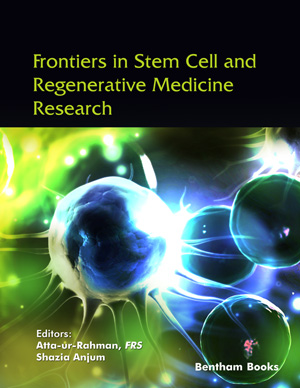Abstract
Endothelial progenitor cells are circulating blood cells derived from various sources like bone marrow, spleen, umbilical cord, liver, kidney and other sources that play a vital role in the regeneration of the endothelial lining of blood vessels and wound repair. There are two types of EPCs, early EPCs and late EPCs. EPCs are believed to originate from hematopoietic stem cells and mesenchymal stem cells. The mobilization of progenitor cells from bone marrow to the peripheral circulation is highly regulated under both normal physiological conditions and stress. EPCs contribute to neovascularization and tissue repair in the musculoskeletal, neural tissues and the bone which are mobilized and recruited to the injured tissue. Cell-based therapies of endothelial progenitor cells are time-consuming and expensive for performing in-vitro cell expansion procedures. New therapeutic approaches are being developed using animal models based on the specific functions of EPC in in-vitro and in-vivo experiments which have revealed the importance of various signalling pathways. It has been clear that the activation state of EPCs is critical to the vessel repair process and the role has not been completely understood.
Keywords: Circulating blood cells, cell markers, cell therapy, vascular repair, CD34, EPCs.














